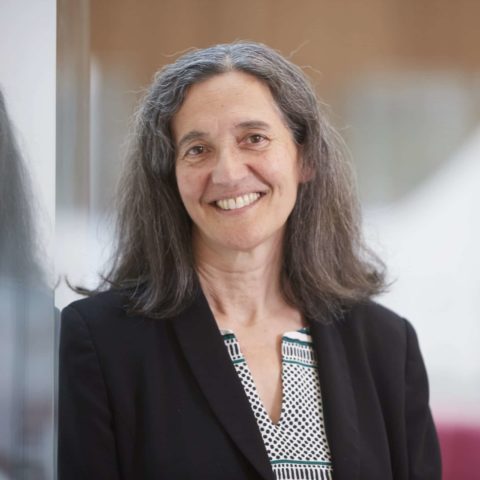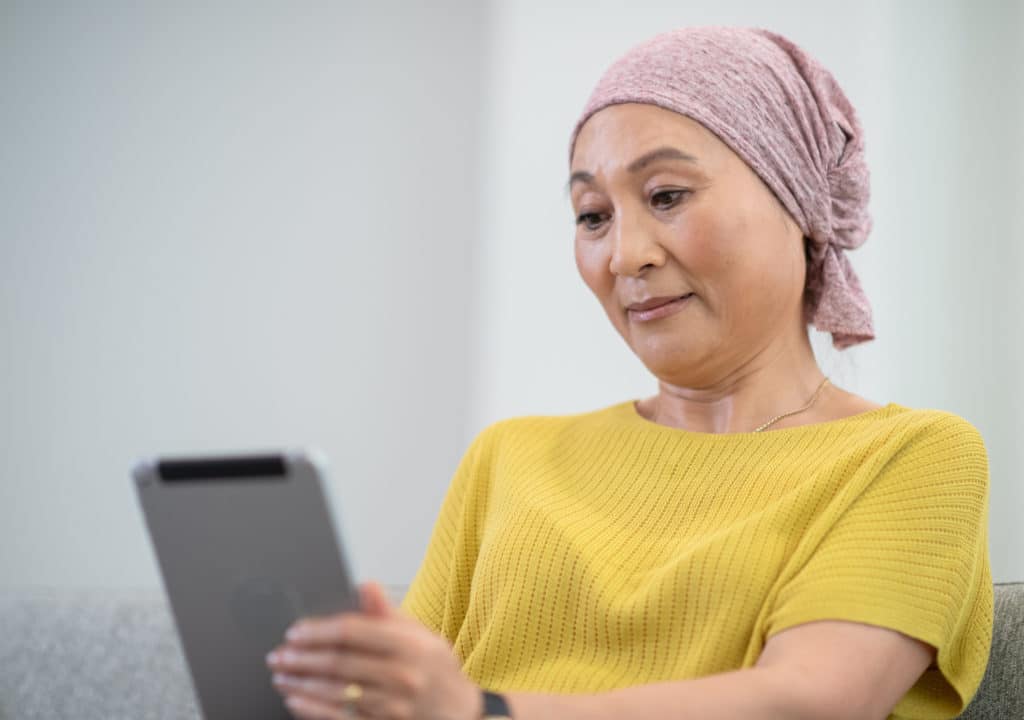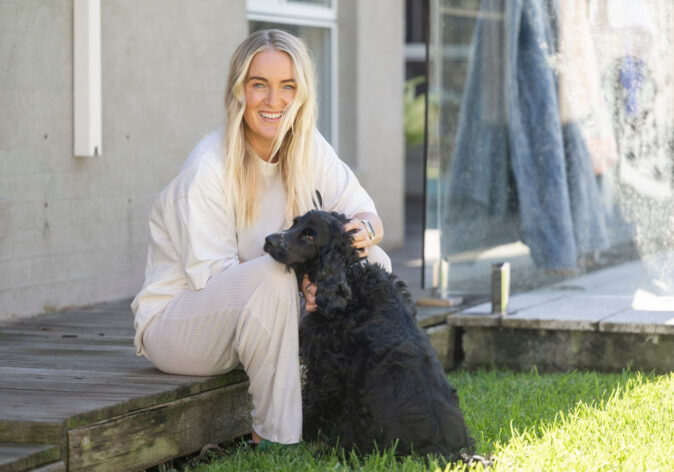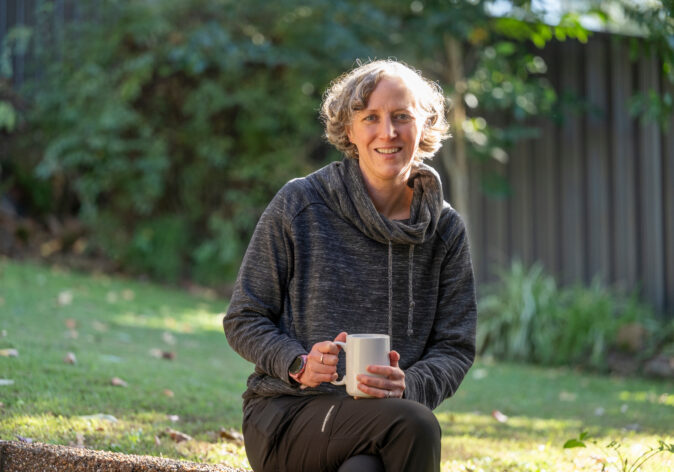What Is The SOLACE Clinical Trial?
The Breast Cancer Trials SOLACE trial was a clinical trial for men and women with BRCA-associated breast cancer, triple negative breast cancer or serious ovarian cancer.
SOLACE was an important trial for the treatment of ovarian cancer, and the results and treatments from this trial are being further investigated in more recent breast cancer clinical trials like OlympiA.
Medical Oncologist Professor Prue Francis is the Chair of the Breast Cancer Trials Scientific Advisory Committee.
She said the aim of the trial was to determine the appropriate doses of a new combination drug treatment.
“It was trying to look at combining a drug called Olaparib, which is a PARP inhibitor, with a very common chemotherapy drug; Cyclophosphamide.”
“The SOLACE trial involved women having an all tablet therapy, Olaparib; the PARP inhibitor as tablets and the Cyclophosphamide as tablets, and it was studying a couple of different groups of women.”
Listen to the Podcast
Professor Prue Francis discusses the results from the SOLACE trial and how the knowledge gained is being used in current research.
A Trial For Breast And Ovarian Cancer
Professor Prue Francis it was important to include women with breast and ovarian cancers in the trial.
“The reason we included both breast and ovarian cancer was because PARP inhibitors like Olaparib are potentially active in women who have a genetic mutation called the BRCA-1 mutation or the BRCA-2 mutation and those mutations are associated potentially with both breast and ovarian cancer.”
“Women could participate in the trial if they had either breast cancer and had one of these gene mutations or if they had triple negative breast cancer- so that’s a breast cancer that doesn’t express oestrogen or progesterone receptor and doesn’t over express HER2.”
“In ovarian cancer, there were women who had high grade serious ovarian cancer or who had one of these BRCA mutations in association with their ovarian cancers.”
Associate Professor Francis said the trial allowed people to participate who had already received a number prior therapies for their advanced disease and for breast cancer.
“The trial approach didn’t look particularly promising for the future in that setting, and so perhaps if we were looking at that approach in breast cancer with a PARP inhibitor, we’d be needing to think about it earlier in the therapy stage.”
“For example, since we’ve started conducting the SOLACE trial, Olaparib the PARP inhibitor, has been approved in Australia for women with earlier breast cancer, as in advanced breast cancer but in an earlier therapy setting, because there if some efficacy there.”
Further Research On Olaparib – OlympiA
Since the SOLACE trial, Breast Cancer Trials has continued to study Olaparib in the OlympiA trial, for women who have completed their surgery and other local therapies.
The OlympiA study is open to those with HER2 negative breast cancer who also have inherited BRCA1 and BRCA2 mutations.
“So, the drug itself is still being actively studied in breast cancer, but in the actual SOLACE trial for the women who’d had quite a few different therapies for their advanced breast cancer, we did not see long periods of control in that context” said Associate Professor Francis.
However, SOLACE has provided further opportunities for study for those with ovarian cancer.
“The gynaecology oncologists are actually interested in the results of SOLACE because for the women with ovarian cancer and particularly those who had the BRCA mutations, they did get reasonable periods of tumour control with that combination” said Associate Professor Prue Francis.
“It is an interesting combination for them to go and study further in that particular setting.”
Support Us
Help us to change lives through breast cancer clinical trials research




